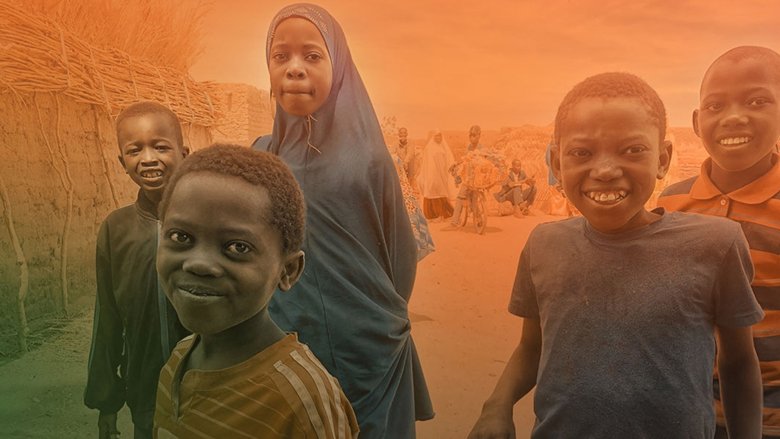A vast Sahelian country, Mali is a low-income economy, with limited diversification and vulnerability to commodity price fluctuations. Rapid population growth, low agricultural productivity, and climate change are major challenges to food security.
The extreme poverty rate increased under the combined effects of security crises and the pandemic, reaching 15.9% in 2021. It rose further to 19.1% in 2022, driven by a loss of purchasing power among the most vulnerable, due to soaring prices and sluggish economic growth. Rural areas in the densely populated south account for 90% of the countryˇŻs poverty.
Political Situation
Mali has been experiencing a period of instability and conflict since the 2012 military coup and the occupation of the northern regions by armed groups.
Following the institutional breakdown of August 18, 2020, a transitional government and a National Transitional Council (CNT), acting as the National Assembly, were established pending the organization of democratic elections. Colonel Assimi Go?ta was declared Head of State by the Constitutional Court on May 28, 2021.
A national dialogue for peace and reconciliation, organized by the transitional authorities from April 13 to May 10, 2024, was presented as an initiative aimed at restoring peace and social cohesion through ˇ°consensual solutions.ˇ± Two recommendations drew particular attention. One called for extending the transition period from three to five years before democratic elections. The other proposed amending Article 9 of the Transitional Charter to allow President Assimi Go?ta to run in the next presidential election.
Responding to one of the key recommendations of the inter-Malian dialogue, a Council of Ministers held on October 16, 2024, promoted Assimi Go?ta to the rank of General of the Army, on an exceptional basis. The promotion also extended to four of his fellow officers, all of whom were elevated to the rank of general. A month later, General Abdoulaye Ma?ga was appointed Prime Minister, replacing civilian leader Choguel Kokalla Ma?ga, who was dismissed after criticizing the regime. This appointment, made on November 21, 2024, marked the militaryˇŻs renewed control of state power.
At the regional level, Mali joined Burkina Faso and Niger in signing the Liptako-Gourma Charter on September 16, 2023, thereby creating the Alliance of Sahel States (AES). The three countries announced their formal withdrawal from the Economic Community of West African States (ECOWAS) on January 28, 2025.
Economic Situation
Despite multiple challenges, MaliˇŻs economy has shown resilience, with GDP growth estimated at 4.0% in 2024 (1.0% per capita), supported by agriculture and services. Persistent electricity shortages and a decline in gold production led to a contraction in the secondary sector. Real GDP growth is expected to average 4.7% over the 2025¨C2026 period, driven by lithium production, agriculture, and telecommunications. The poverty rate is projected to remain largely unchanged in 2025 and begin to decline from 2026 onward.
The current account deficit as a percentage of GDP narrowed from 7.2 to 6.3%, owing to strong cotton exports and a decline in imports of petroleum products and foodstuffs. MaliˇŻs external position has strengthened with improved terms of trade, and the relative competitiveness of its exports has been maintained.
The fiscal deficit was reduced to 2.9% of GDP in 2024, primarily due to a temporary decrease in the public sector wage bill. The digitalization of tax administration and customs measures contributed to fiscal consolidation. With public debt estimated at 52.6% of GDP in 2024, the risk of debt distress remains moderate.
Short-term priorities include strengthening fiscal consolidation efforts through digitalization and increasing both the level and efficiency of priority spending on health and education. Greater public investment, improved regulatory quality, and resolution of the energy crisis would support private sector activity and economic growth.
Last Updated: Apr 09, 2025









